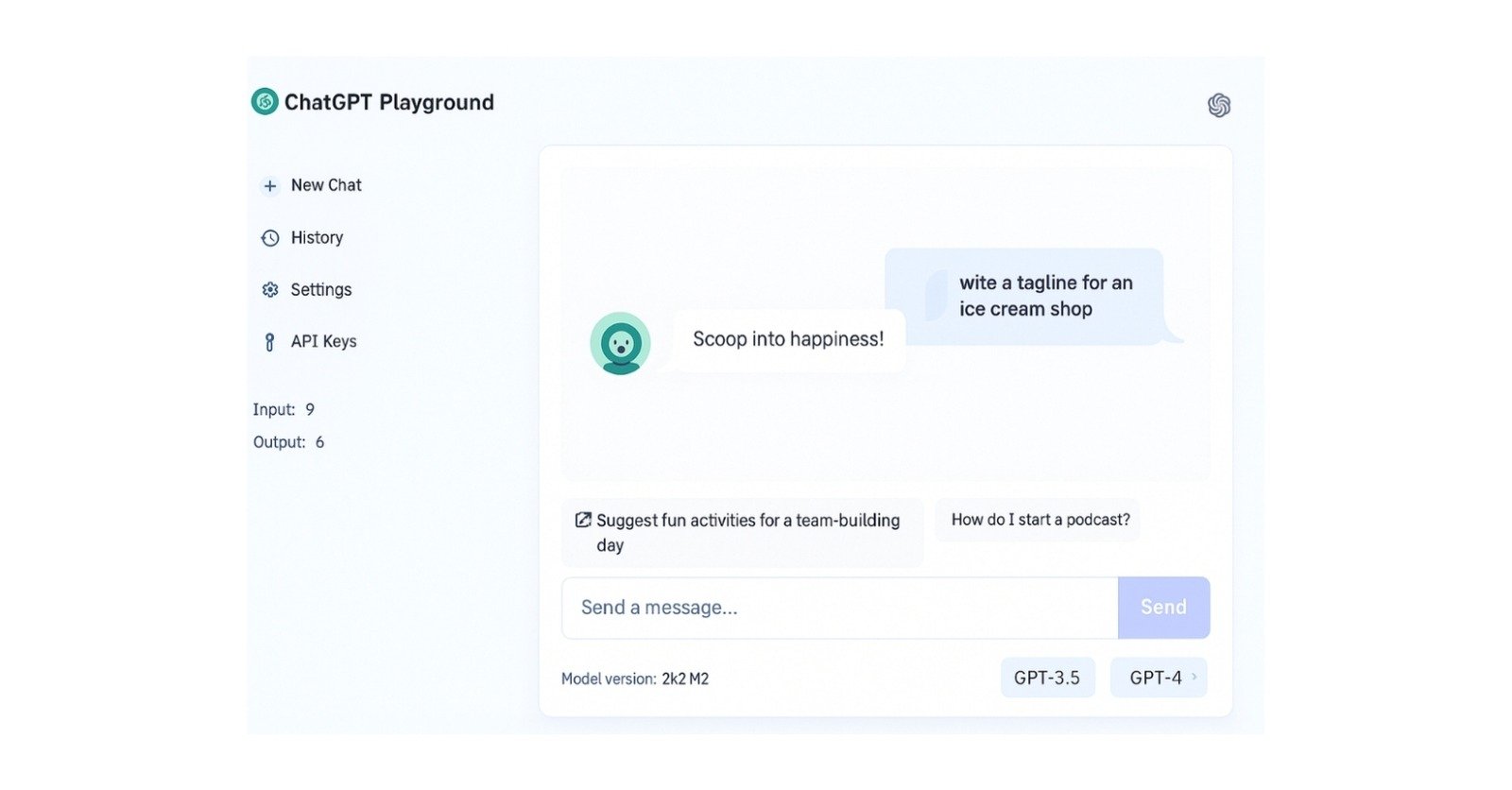Imagine a future in which your health insurance uses artificial intelligence (AI) to provide individualized wellness plans that adjust to your lifestyle in real time. a future in which wearable technology easily integrates with your insurance to reduce rates according to your level of fitness.
This isn’t a futuristic idea it’s already happening. Companies like Tech Health and Insurance are using AI and wearable tech to create plans that reward healthy living. Better habits, better coverage, and lower costs all working together to keep you at your best.
Here we take a closer look at the newest technologies making waves in health insurance, their impacts on providers and policyholders, and those likely to shape the future for this fast-changing industry.
New Technologies in Health Insurance
1.Artificial Intelligence (AI) and Machine learning (ML)
Here are a few ways in which AI and ML are transforming health insurance:
- Predictive Analytics: Identifying the sickest patients before they crash and treatment becomes prohibitively expensive.
- Fraud Analysis: Identifying the false claims through complex algorithms.
- Customized Policies: Providing customized insurance by using individual health data to determine coverage and premiums.
- Example: Establishments like Oscar Health employ AI to streamline processing of claims and enhance customer service.
2. Telemedicine and Virtual Health
Telehealth has democratized access to healthcare:
- Doctors On Call 24/7: Customers can see a doctor through apps including Teladoc.
- Decrease Costs: less hospital stays and avoidable ER visits.
- Tele-Monitoring: Wristbands connect with insurees to change insurance premiums based on real-time health stats.
3.Blockchain for Secure Health Records
Applying Blockchain technologies to Health and Insurance brings trust and security to health insurance industry, including:
- Avoiding Data Breaches: Patient records have the potential to become encrypted to mitigate fraud.
- Reducing the Claim Process: Smart contracts are programmed in such a way that they eliminate the need for approvals, thus shortening the processing time.
Case Study: Aetna taps blockchain to check patient IDs and to speed claims.
4. Wearable Technology and IoT
Fitbit and Apple Watch wearables are altering how insurance works:
- Usage-Based Insurance (UBI): Incentives for policyholders who ill much.
- Instant Health Monitoring: Watches vital signs, enabling insurers to offer coverage on the fly.
- Personalized Insurance Comes of Age: From Big Data to Big Dollars
5. Big Data and Personalized Insurance
- Track Trends: Forecast outbreaks, and allocate resources as efficiently as possible.
- Personalize Premiums: Set rates according to lifestyle and genetic information.
Benefits of Tech Health and Insurance Innovations
- Lower costs: AI and automation reduce administrative costs.
- Better Accuracy: Less mistakes in claims handling.
- Improved Customer Experience: Quick approvals and concierge line available for customer service.
- Preventive Healthcare: Early identification reduces long term costs.
Tech Health and Insurance Challenges and Ethical Considerations
Although new technologies in health insurance have much to offer, they also come with some strings attached:
- Privacy Matters: Who owns and has access to health information?
- Algorithm Bias: AI can be biased by age, race.
- Regulatory Issues: HIPAA and GDPR compliance is a must.
Best Practice: Insurers should make transparency and consents a priority when leveraging patient data.
The Future of Tech Health and Insurance
Emerging trends to watch:
- AI User Chatbots: Immediate customer support for policy holders.
- Genomic-Linked Insurance: DNA testing for hyper-personalized plans.
- Decentralized Insurance (DeFi): Insurance comes full circle with peer-to-peer coverage on the blockchain.
Conclusion
Tech health and insurance are coming together to make smarter healthcare homegrown. From AI-powered underwriting to policies based on wearables, these innovations hold the promise of better care at lower cost.
FAQs About Tech Health and Insurance ztec100.com
What are some reasons why AI is better for health care?
AI also improves underwriting, fraud detection, and personalized policy recommendations, and speeds up the process and improves accuracy.
Insurance premiums and wearables Do wearables impact insurance premiums?
Yes, some insurers give a discount to policyholders who demonstrate good health habits that are monitored with wearables.
Is Blockchain safe for health records?
Absolutely. A blockchain is decentralized, shaping that cannot be tampered with, and that only the agreed upon individuals can access.
What is the greatest challenge in tech-powered health insurance?
The challenge is striking the right balance between innovation on the one hand and patient privacy and regulatory compliance on the other.
Also Read : Choosing the Right Insurance Lumolog: Your Ultimate Guide
- Hometown Finance: Unlocking Local Financial Freedom for Your Dreams
- Cherry Dental Financing: Your Smart Path to Affordable Dental Care
- Empower Your Wealth with B and F Finance: Smart Family & Business Growth
- Redwood Coast Finance: 7 Smart Insights Before You Apply
- https://techzoneelectronics.com Finance: 15 Expert Insights to Manage Your Money Wisely









